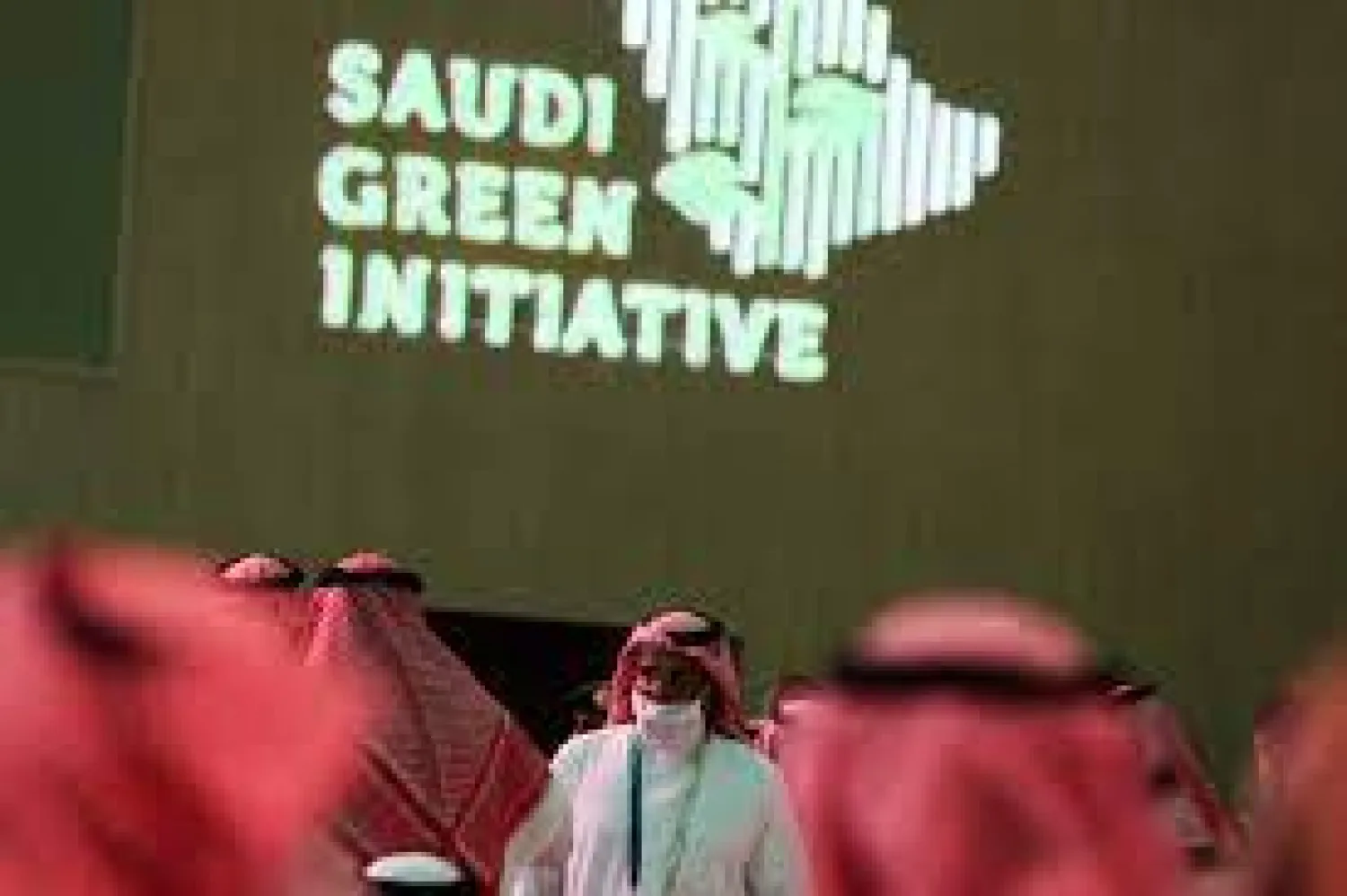The Public Investment Fund (PIF) announced on Thursday its first-ever bond issuance — the century green bond — raising $3 billion to finance or refinance PIF’s green investments. This move comes in line with the Green Finance Framework.
Reuters recently disclosed that the Saudi sovereign fund has hired banks to arrange a debut issuance of multi-tranche dollar-denominated green bonds for the first time, in an effort to achieve the Kingdom’s green aspirations.
PIF green investments include eligible green projects in renewable energy, energy efficiency, sustainable water management, pollution prevention and control, green buildings and clean transportation.
Head of PIF’s Global Capital Finance Division Fahad AlSaif said: “This inaugural green bond issuance is a historic milestone for PIF, marking the establishment of its international capital markets program - one of the PIF’s key objectives. It will also allow PIF to further diversify its sources of debt funding thereby helping to drive impactful investment in Saudi Arabia and internationally.”
He continued: “The strong investor support for the issuance is a testament to PIF’s strong financial profile, world-class governance, exceptional green projects and the diversity of its business and portfolio. It also reflects PIF’s leading role in transforming Saudi Arabia’s economy and the broad range of green and sustainable investment opportunities that this transformation provides.”
The total number of subscription requests exceeded $24 billion - as the bond was more than 8 times oversubscribed - divided over three tranches: the first with a value of $1.25 billion for 5-year bonds, the second with $1.25 billion for 10-year bonds, while the value of the third tranche is $500 million for 100 years.
The strong demand by international investors for PIF’s first issuance reflects confidence in fund’s role as an integral pillar of the Saudi economy and its position as one of the largest and most impactful sovereign wealth funds.










